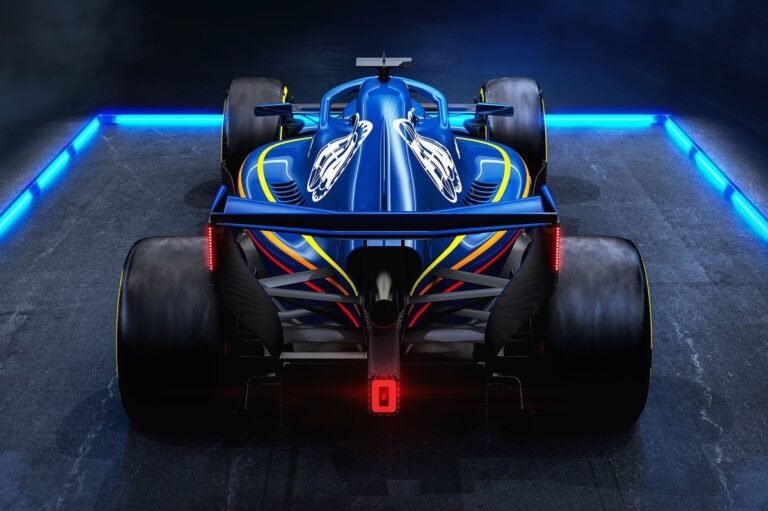FIA and F1 Commission Discuss 2026 Engine Regulations and Fire Safety Measures
The FIA and Formula 1 teams convened in Geneva on Thursday to address key issues related to the upcoming 2026 engine regulations. A significant focus was on implementing mechanisms to aid manufacturers who may lag in performance and exploring solutions to prevent incidents like the recent fire disruptions at the Japanese Grand Prix.
2026 Engine Regulations: Catch-Up Mechanisms
The 2026 engine rules, which are set to radically reshape the competitive landscape, aim to prevent a repeat of the 2014 season when Mercedes dominated the grid. With stringent budget caps in place, teams discussed provisions such as allowing additional dyno hours and increasing the budget cap for underperforming manufacturers. Notably, performance assessments will focus solely on power units and not overall team performance.
Electric Component Controversy
Another contentious topic was the potential reduction of electric components in power units to alleviate issues related to battery depletion during races. While Mercedes team principal Toto Wolff criticized the proposal, Red Bull’s Christian Horner expressed support, suggesting that adjustments might be limited to race configurations on specific circuits, such as Monza.
As consensus remains elusive among teams, further discussions will take place in the power unit advisory committee.
An FIA statement confirmed ongoing evaluations of energy management strategies for 2026 and identified financial concerns facing manufacturers experiencing reliability or performance challenges.
Addressing Grass Fire Safety
In light of the fire incidents that marred the Japanese Grand Prix weekend, the Commission discussed alternatives for skid plate materials, including a possible shift from titanium to stainless steel on circuits with grass run-offs. This modification may affect car weight and wear, details of which are yet to be finalized.
Additional Notes
The Commission also deliberated on mandatory two-stop strategies for the Monaco Grand Prix and adjustments to capital expenditure limits for new entrants, such as Cadillac, slated to join in the upcoming season.
This initiative highlights the FIA’s commitment to addressing competitive fairness and safety in Formula 1 as the sport progresses into a new era of regulations.



